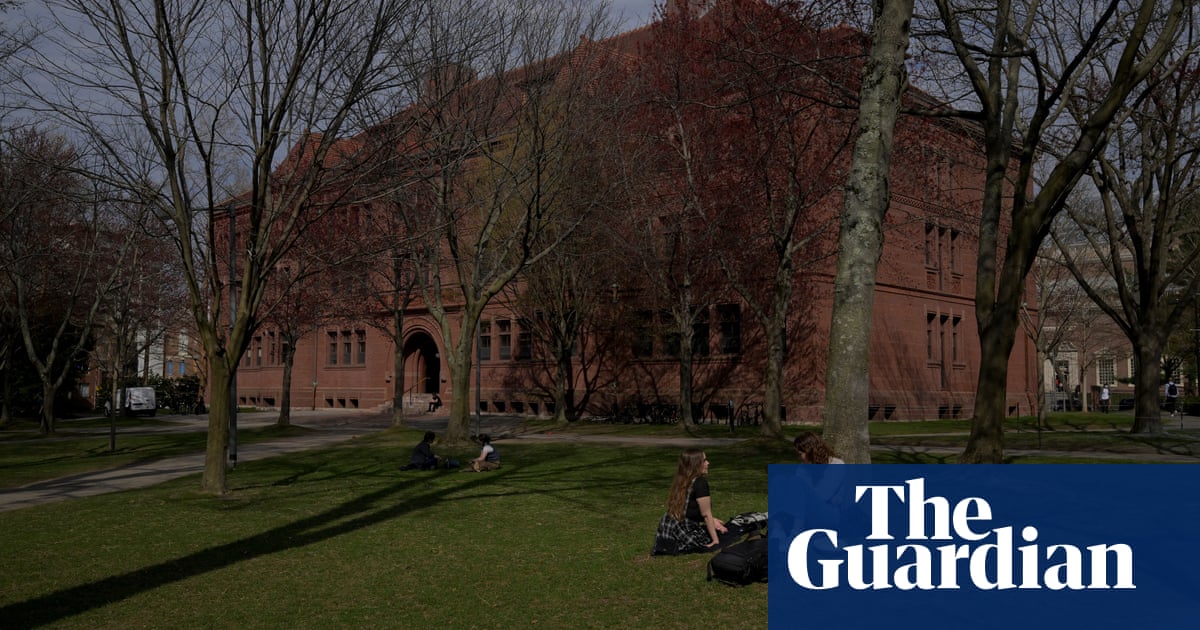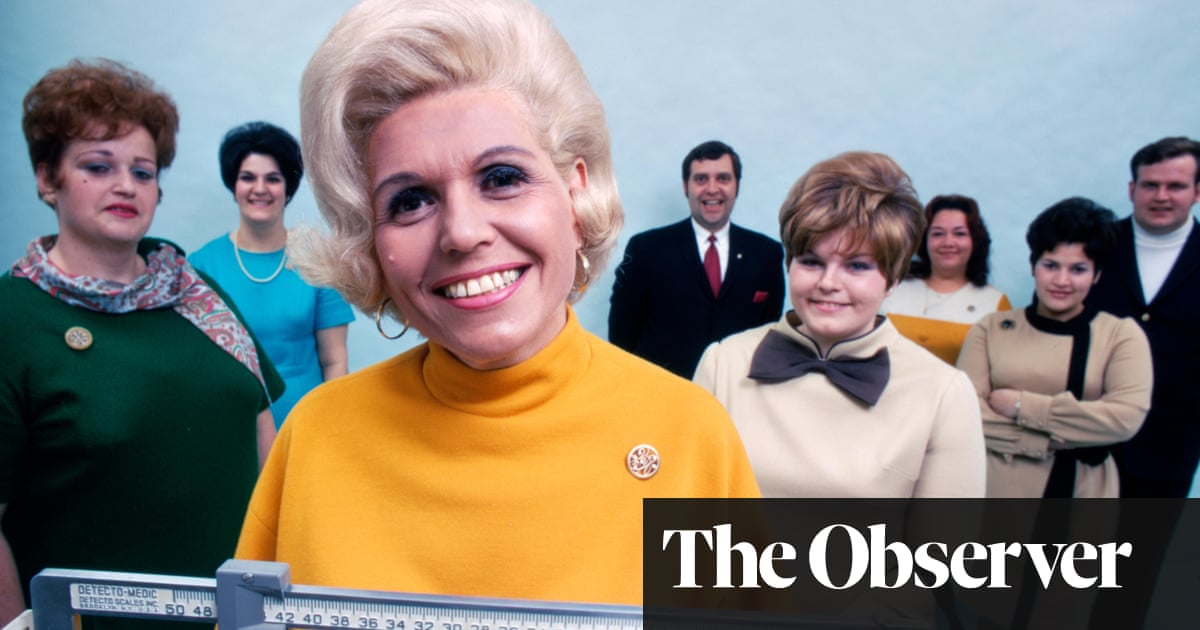“What’s the one thing your readers should do to help them use music to find and catch the partner of their dreams?” asks Patrick Savage, a senior research fellow in psychology at the University of Auckland in New Zealand. “Go to karaoke and sing a duet. Go and sing A Whole New World with Brad Kane and Lea Salonga. That’s the number one recommendation by science. Well, just by me. I don’t have data on this, but from my personal experience, that’s the best.”
Given that he is a musicologist, it is perhaps unsurprising that music is a key part of Savage’s relationship with his wife. But his experience with using music as a romantic tool is not unique. Love songs are found across cultures and despite not being a neat category they have historically been most popular – 67% of the top 40 tracks in America between 1960 and 2010 contained love themes.
Although “there’s nothing musically special about love songs”, as Savage says, music more broadly is an extremely effective tool for forming and maintaining relationships. It was Charles Darwin who first proposed in The Descent of Man that humanity evolved music to help choose a mate, as when birds use songs in their courtship displays. More recently, researchers like Savage have suggested that musicality – the set of underlying abilities that allow us to make music – evolved as a more general toolkit to bond people. Regardless of why it evolved, the power of music can be used today in romantic pursuits, says Savage.
That is the thinking behind a new idea from psychology that views musicality as being uniquely suited to supporting the process of falling and staying in love. Joshua Bamford, a postdoctoral researcher at the University of Jyväskylä in Finland, who was the first author of the paper proposing this idea, thinks that music has important effects on mate choice and social bonding throughout a relationship.
At the very start of a relationship, which is all about choosing a partner, musicality can help us to make dating decisions. That’s because singing and dancing can be a way of signalling your general fitness to others as it may showcase the strength of your genes, says Bamford.
In 2022, Manuela Marin, of the University of Vienna, and Ines Rathgeber, of the University of Innsbruck in Austria, tested the idea of whether the musical ability of a potential partner changes how attractive we find them. The experiment was divided in two, with each of the 58 participants – who were all heterosexual psychology undergraduates – performing both parts in a randomised order. In one block, the participants sat in silence and were shown a series of opposite-sex faces on a computer screen, and in the other block the faces were paired with some piano music that the participants were told had been performed by the person in the photo. Every time the participants saw a photo, they were asked to rate how attractive they found the person and whether they wanted to date them.
As Marin expected, the men and the women in their sample were keener to date the person in the photo when they were thought to be pianists, and the women also found those faces more attractive. This may sound familiar to anyone who has a crush on a musician who would not otherwise be their type.
But fear not if you, like me, cannot hold a tune for love nor money. “We should not get overexcited,” says Marin. Although the effect in this research was meaningful from a statistics standpoint, the actual difference in ratings between the two blocks was small and the results are based on only a handful of heterosexual German and Austrian participants. Marco Varella, an evolutionary musicologist at the University of São Paulo in Brazil, says that “despite the converging evidence, there are some null or opposite results in the literature and much more investigation is still needed”.
An area that has far more substantial research backing it up is the role of personality in music preferences, meaning that your music tastes can act as a social badge to display your compatibility to a potential partner. Something that will not be a surprise to anyone who has employed the tried-and-tested practice of creating a mixtape (or a Spotify playlist, as is more likely these days) for their crush.
“Music at the very beginning stages of dating or meeting someone can help the ‘getting to know you’ process,” says David Greenberg, a research associate at the University of Cambridge. In fact, music is among the most popular topics of conversation when meeting new people because of how useful they find it for gauging someone’s personality and values.
In a recent study, Greenberg and his colleagues asked more than 70,000 adults from 36 countries to rate their personality and how much they liked music from 25 clips that spanned 16 different western music genres and subgenres. They found that more open people preferred complex music such as jazz, extroverts favoured upbeat modern genres such as Europop and agreeable people had a penchant for more mellow tunes, from genres such as soft rock and R&B. “We found people’s preferences were matching their personalities in consistent ways across each country that we looked at, whether it was Brazil or Italy, or the US or UK,” says Greenberg.
after newsletter promotion
The romantic power of music does not just stop once you have found a partner. It can also help to form and maintain the relationship by creating more harmonious exchanges and a feeling of closeness.
“Because music provides a beat that everyone can kind of lock into, you can really experience a high level of tight coordination within a group or with a partner, and the music kind of helps you to achieve that in ways that are hard to do otherwise,” says Bamford. There is a wealth of evidence showing that performing activities in synchrony, as well as simply singing with others, can flood your brain with oxytocin – the famous bonding hormone which creates the feeling of pleasure. Cortisol, the stress hormone, may also be reduced after listening to music, with music listening seeming to co-regulate stress in couples. So couples that gig together may stay together.
Whether it’s serenading your love interest, slow dancing to your “couple-defining song” at your wedding or sticking on some background tunes 40 years into your relationship, music is a great way of (re)connecting with your partner. And should your relationship come to an end, there are always break-up songs to make you feel better. “But we only look at the first three phases,” says Bamford, “because we don’t like to think of sad things in music psychology.”

 3 months ago
46
3 months ago
46













































